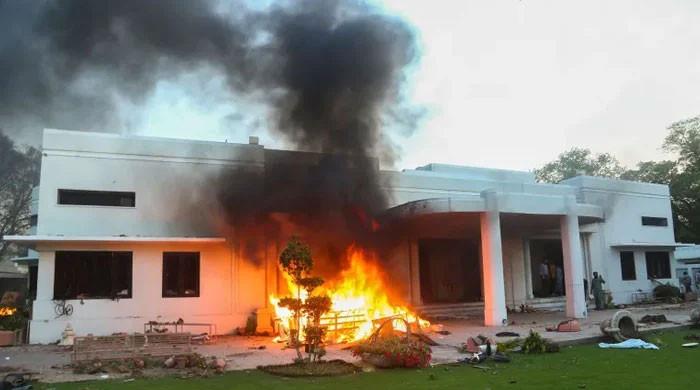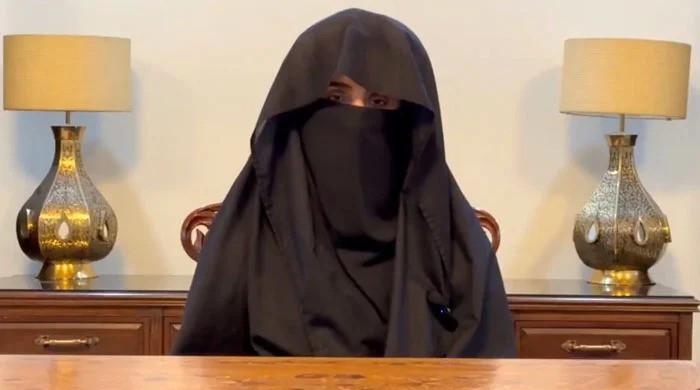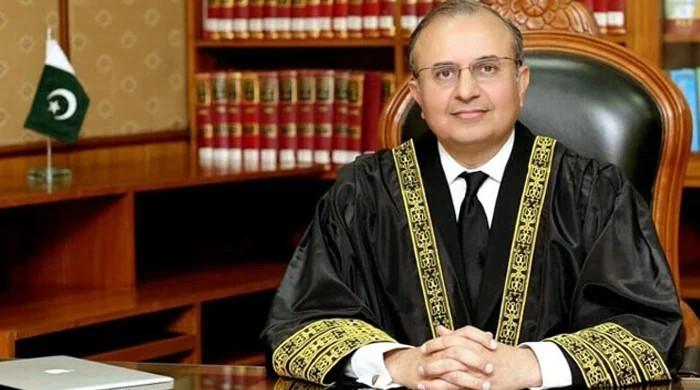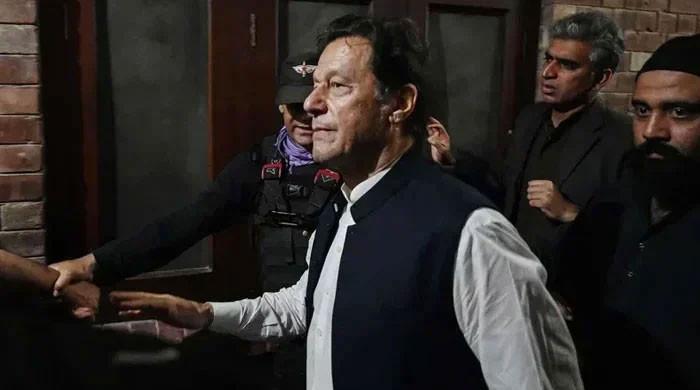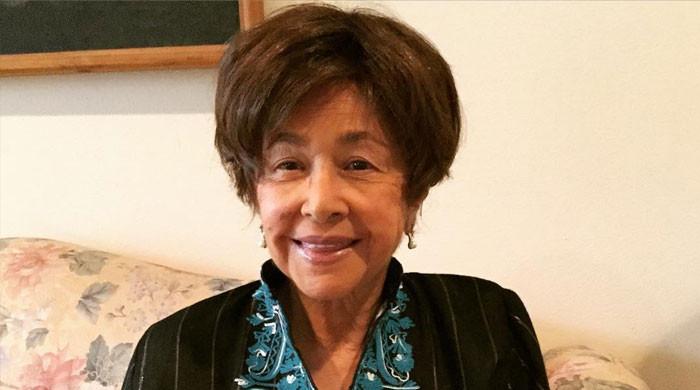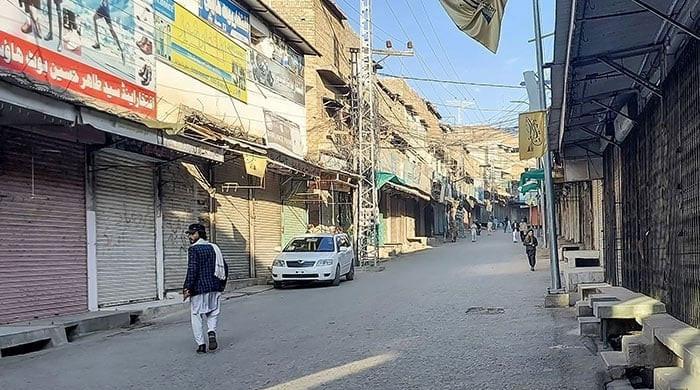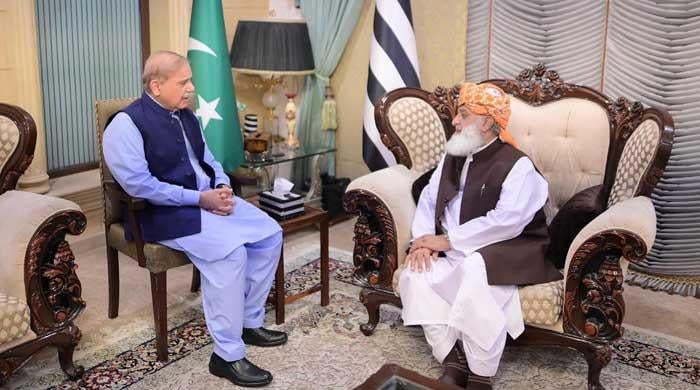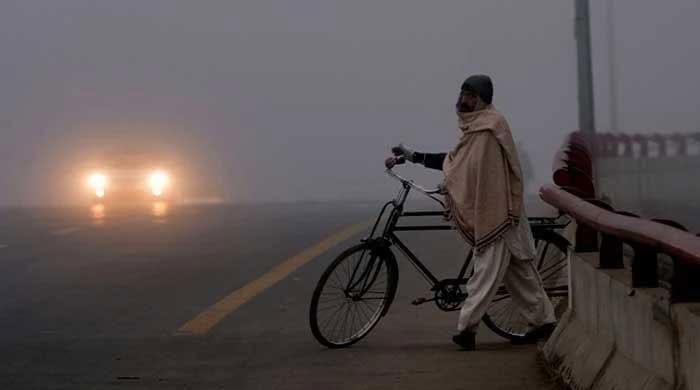No security personnel to be deployed inside polling booths: Sindh minister
Brig (retd) Haris Nawaz says only Rangers to be summoned inside polling booths if needed
January 24, 2024
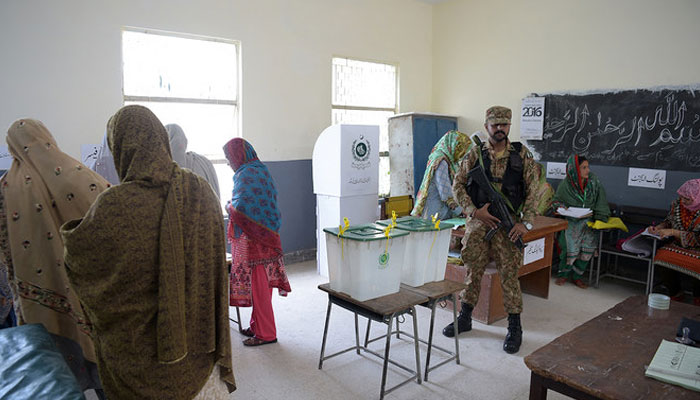
- "Over 12,000 sensitive and very sensitive polling stations in Sindh".
- No shortage of monetary resources for security duties: Haris Nawaz.
- "122,000 cops, 1,984 army personnel to be on election security".
After a formal approval for the army deployment for the nationwide poll security next month, caretaker Sindh Home Minister Brigadier (retd) Haris Nawaz clarified Wednesday that no security personnel will be deployed inside the polling booths.
“No security official will enter the room where polling is going on, however, Rangers personnel can be summoned inside the booth if needed,” the caretaker minister detailed while speaking to journalists in Karachi.
Haris detailed that the election commission has a core responsibility to hold general elections and the administrations were only assisting.
“There is a complete ban in place on the exhibition of arms during polls. Police contingents will also be deployed outside the polling stations, whereas, lady health staffers will perform election duties at the women’s polling booths.”
He urged the higher authorities to envisage a fool-proof mechanism to avoid any kind of trouble during the electoral event.
Regarding the security expenditures, Haris said that there was no shortage of monetary resources to the concerned departments as the provincial government has already disbursed funds to the law enforcement agencies (LEAs), including police, Rangers, as well as schools.
He further elaborated on the number of highly sensitive areas across the province ahead of the February 8 polls.
“There are 5,954 normal polling stations and more than 12,000 sensitive and very sensitive polling stations. Overall, 122,000 police officials and 1,984 Pakistan Army soldiers will be deployed for election security.
To a question, he admitted that there were security threats to the authorities during the conduct of the polls, however, maximum steps were being taken to maintain the law and order situation.
“Additionally, services of the anti-corruption, forest departments, Frontier Corps (FC) and lady health workers will be acquired,” he added.
The Sindh home minister said that the government was making all-out efforts to conduct transparent and impartial elections.
He also announced that solar systems would be provided to those polling stations with no electricity connections besides installing cameras to strictly monitor the polling process.
A day earlier, the caretaker federal cabinet approved a summary seeking the deployment of the Pakistan Army and troops of civil armed forces to help the civil institutions hold free, fair, and peaceful general elections — slated to be held on February 8.
“The troops will perform duties in sensitive constituencies and polling stations and will also act as a rapid response force,” read a statement issued by the Prime Minister’s Office.
However, given past criticism, the Election Commission of Pakistan (ECP) issued its "Code of Conduct for Security Personnel" on Friday, warning them against bias while being on election duty.
The ECP's protocol, which excludes the Armed Forces and Civil Armed Forces, directs the LEAs to perform their duties in accordance with the law and within the confines of the mandate assigned to the police.
Owing to concerns regarding the law and order situation on February 8, Prime Minister Anwaar-ul-Haq Kakar formed a high-level committee to oversee security for the polls.
The seven-member committee, headed by Federal Minister for Communications, Railways, and Maritime Affairs Shahid Ashraf Tarar, includes the Ministry of Interior's secretary and the chief secretaries of all four provinces.




